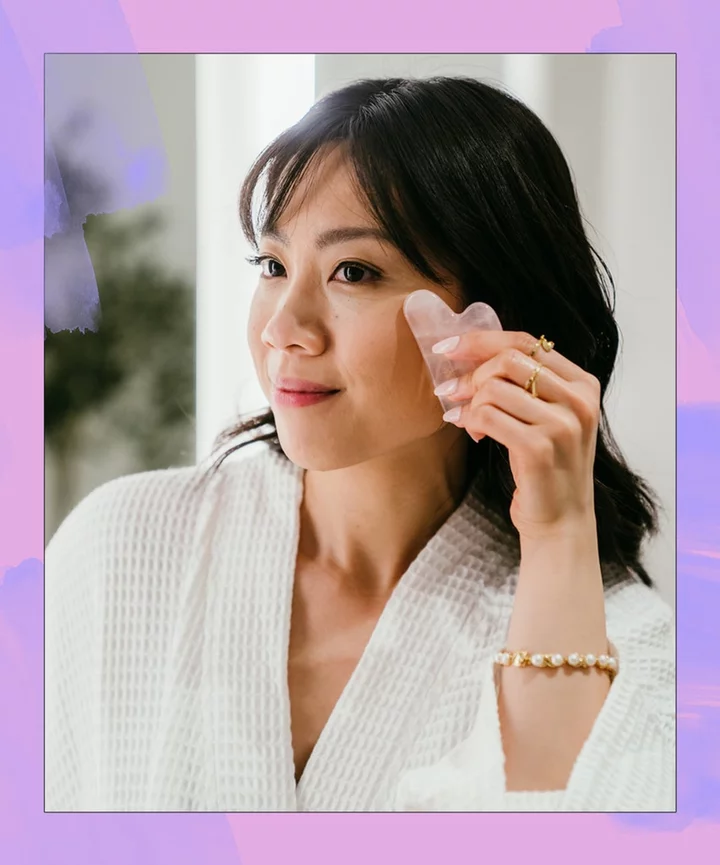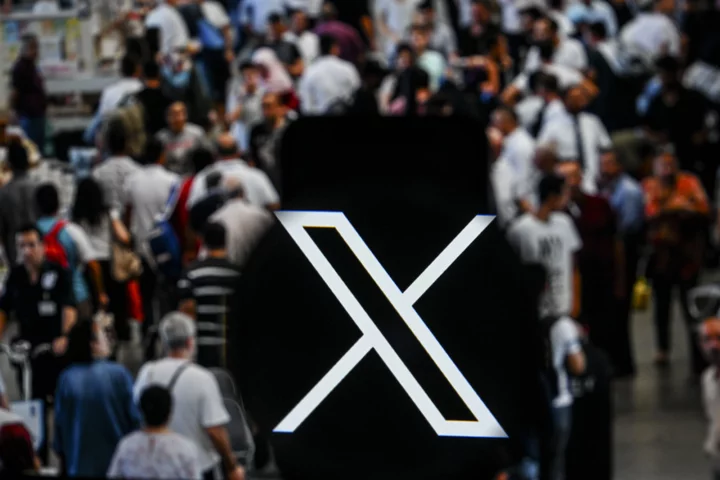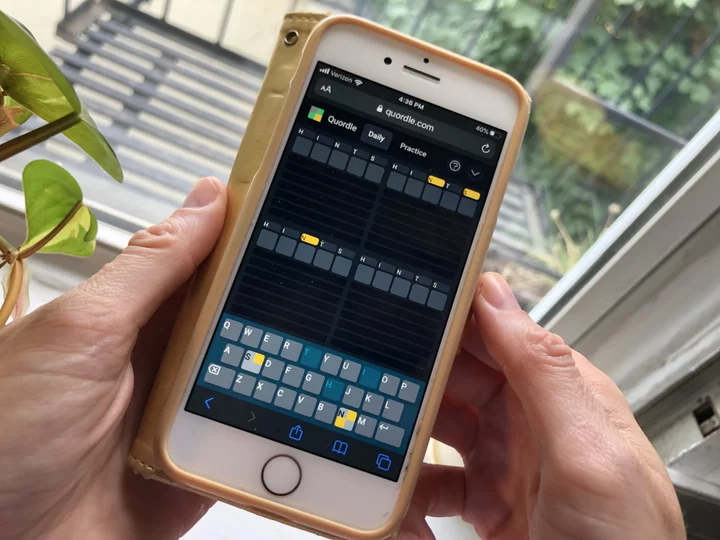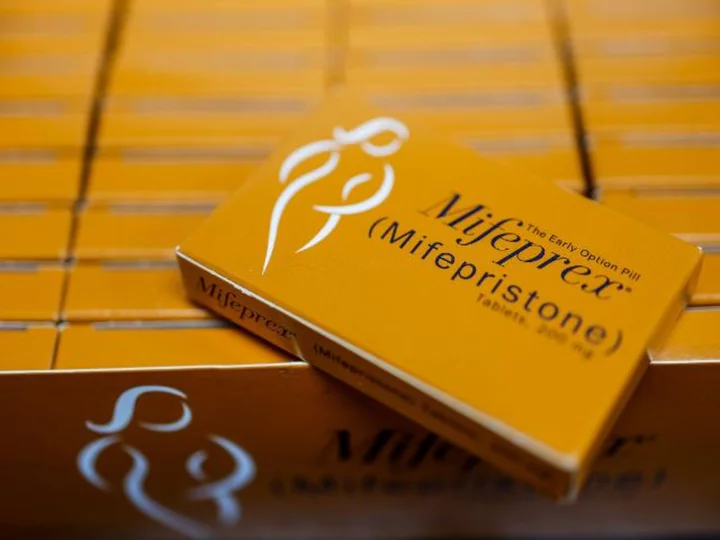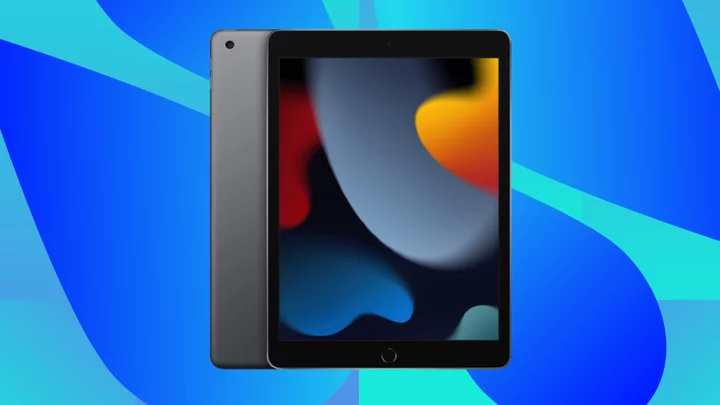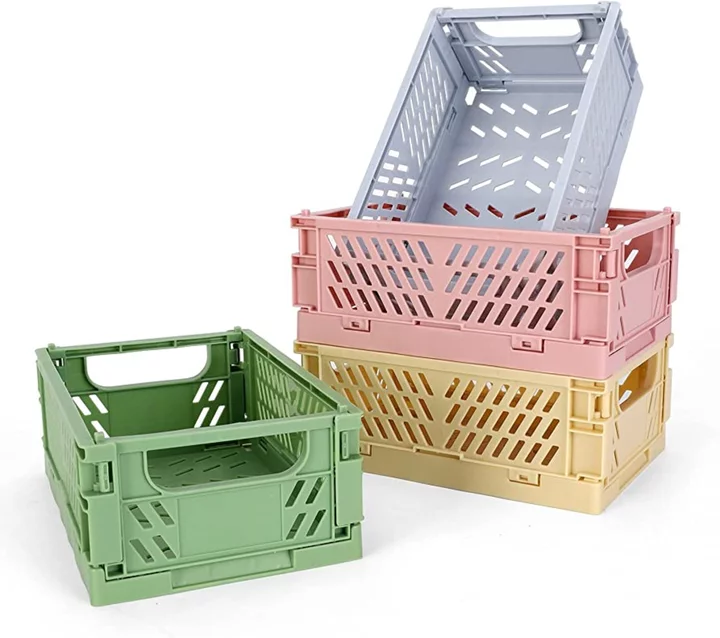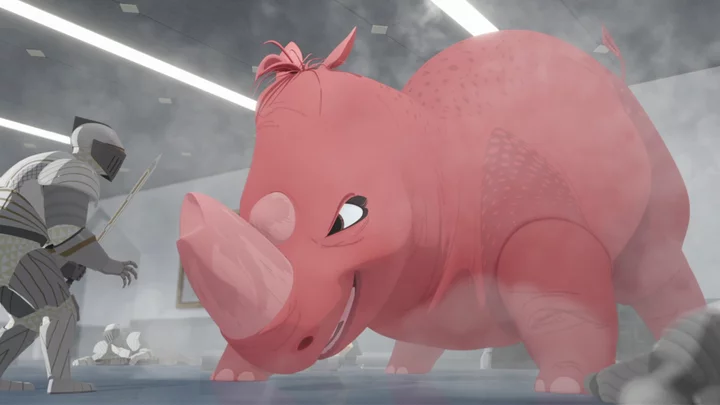Whether you consider yourself a disciple of the clean girl aesthetic or not, there’s no denying that the TikTok trend has massively popularized gua sha. It seems that every other day, I come across a different girlie on my FYP showcasing her tutorial: She’s usually blonde, wears her hair in a slicked bun, and swears by her jade massage tool. Being consistent with gua sha has, in her words, “totally snatched her jawline.” As a Chinese person who grew up with gua sha, all this makes me feel some type of way.
Don’t get me wrong: I’m always happy to see something from my culture become widely appreciated in Western society, but the gua sha content I see on social media cannot be more different from the gua sha I know. I have childhood memories of my mom returning from the health practitioner, her back covered in red bruises from a session of gua sha. This is a ritual rooted in traditional Chinese medicine and is so much more than a beauty hack that gives you a “natural facelift,” although that can be one of the many great side effects.
Calling out how everyone has been doing it all wrong is not really my intention here, but I definitely see value in sharing how women in China actually incorporate gua sha into their lives. Ahead, I asked two gua sha experts — both women with Chinese roots who have practiced the art form for years — so you can level up your routine by incorporating a few traditional Chinese techniques, too.
DashDividers_1_500x100 @refinery29 Did you know the origin of your gua sha? #guasha #guashatutorial #beautytips #beautyhistory #guashatool ♬ Upbeat Lofi Hip-Hop – RuthGingerThe history and meaning of gua sha
Gua sha is an ancient healing art form dating back thousands of years in China. “Gua” means scraping in Mandarin, and “Sha” means bruises or round spots. Together, it literally means to scrape away pain.
“Gua sha can be used on any part of [the] body to treat simple ailments like headaches or muscle ache,” says Su-Man, a renowned facialist specializing in skin treatments with shiatsu (Japanese finger massage therapy) and gua sha techniques. “It can also be used for stress relief or to aid insomnia.” She currently offers a Chi Flow Contour Facial, which incorporates gua sha on the scalp, face, arms, and fingers, as part of her residence at the spa at The Sofitel London St James.
Traditional gua sha is usually done on the back. The motions follow acupuncture pressure points and meridian lines, the “channel networks” in your body where your qi, or “life energy” flows through. The red marks and bruises that show up are said to be signs of toxins leaving the body and are supposed to help relieve anxiety and increase blood circulation.
The best tools for gua sha
In Chinese culture, flat scraping tools made of jade or ceramic are highly favored for gua sha. They usually come in a “fish” shape, with smooth curved edges that make it easy to work on any knots in the muscles.
If you struggle to find anything made with the ingredients above, gua sha tools made from stones are also a viable option. “Crystal naturally stays cool and feels relaxing on your skin,” says Lin Chen, the founder of Pink Moon. Her beauty brand carries a range of face oils and rose quartz gua sha tools, and organizes virtual workshops to better educate the public about gua sha.
The biggest faux pas, however, is storing your tools in the fridge. “In Chinese medicine, there is always this saying to keep things warm,” says Chen. “You don’t want your tool to be too cold, because that could increase inflammation.”
You might also want to toss your jade rollers: Su-Man says they don’t really do much for facial gua sha, since the cylindrical shape gets in the way of applying the force needed on certain pressure points.
DashDividers_1_500x100How to use gua sha
In order to get the best results, gua sha should actually start from the top: Su-Man recommends using the tool to scrape all over your scalp before working on your face. Start by pushing your hair to one side while looking down, and work the convex side of your tool from the ears to the top of your head.
It’s important to avoid holding your tool perpendicular to your head. Su-Man recommends pressing it at a 15- to 30-degree angle so that you can easily control the amount of pressure (this rule also applies to the face). Do this around six times before moving onto the other side. “Make sure every corner of your scalp is targeted, and when you feel any bumps on your head, run your tool back and forth over them,” she says.
In Chinese medicine, the meridian lines that control the energy flow for your vital organs all run through your head. Giving your head some thorough gua sha action is meant to blood circulation all over your body and enhance absorption for the skincare product you’ll apply later on.
“When it comes to gua sha for the face, you can’t be mean to yourself,” says Su-Man. “You have to be generous with the products you use.” Make sure to apply plenty of product before you start, so the tool glides easily across your face without tugging.
You should use an emollient product that doesn’t dry up quickly since it can take a while to work the tool on different parts of your face. Pink Moon’s Over The Moon Face Oil is specially formulated for gua sha. The product contains sunflower seed oil, a nutrient oil suitable for all skin types, including people with acne and eczema. Another star ingredient is moringa seed oil. “Moringa oil is packed with antioxidants,” says Chen. “It plumps your skin and adds a bit more glow compared to sunflower seed oil.”
Top gua sha mistakes to avoid
While you can find lots of YouTube tutorials on how to use gua sha for your face, there are several big no-nos that don’t normally get discussed. Those suffering from an active acne breakout should be really careful with their gua sha. “You’re spreading around the bacteria from your breakout around your skin, which will cause even further breakouts,” says Chen. “It’s best to skip over that entire section, and just focus on doing gua sha on your chest and neck — that’ll help to increase circulation, and then thereby decrease inflammation.”
Since this practice is so rooted in traditional medicine, when in doubt, you should always consult medical professionals. “A licensed Chinese medicine practitioner will be able to tell you certain points that you should avoid if you have a specific condition — for instance if you’re pregnant or breastfeeding,” says Chen.
Beware of doing the strokes too fast, since that unnecessary friction can potentially damage your skin. “Make sure your other hand is always supporting the one that’s holding the tool, and gently guiding it,” says Su-Man. “Your eye should always be watching where the movement is happening — so don’t do it when you’re watching TV or multi-tasking.”
If your skin looks red after gua sha, you’ve overdone it with the pressure. However, before you glide the tool over your face, it’s okay to press the corners of your tool on key pressure points, such as the temples and the inner corner of your eyes, with a bit more force. This will relieve tension and promote lymphatic drainage, like doing warmups before a workout.
Taking on these extra tips, like adding a scalp massage, adds a chunk of time to your skincare routine. But persevering with a few extra minutes each day will make your skin look much more glowing and lifted in the long run — which is why you bought that gua sha tool in the first place, right?
DashDividers_1_500x100At Refinery29, we’re here to help you navigate this overwhelming world of stuff. All of our market picks are independently selected and curated by the editorial team. If you buy something we link to on our site, Refinery29 may earn commission.

